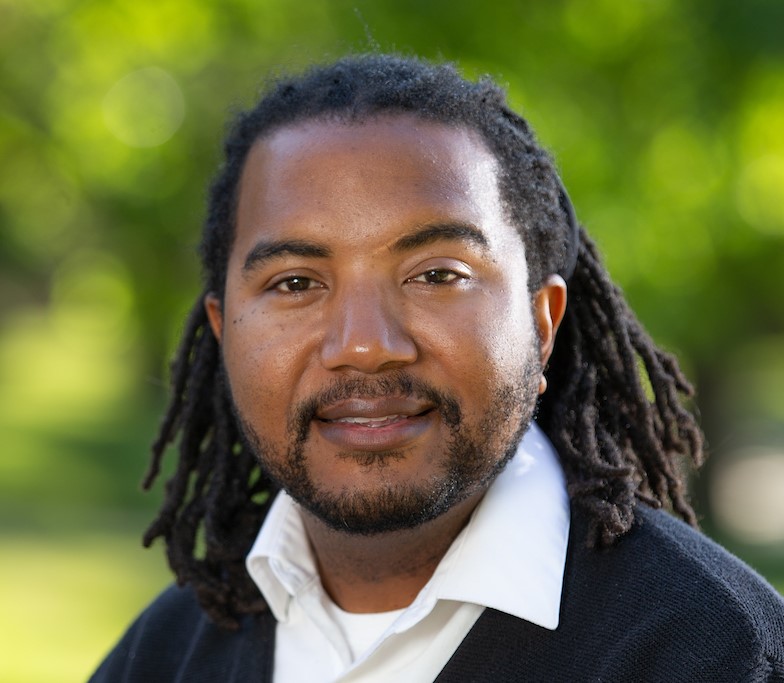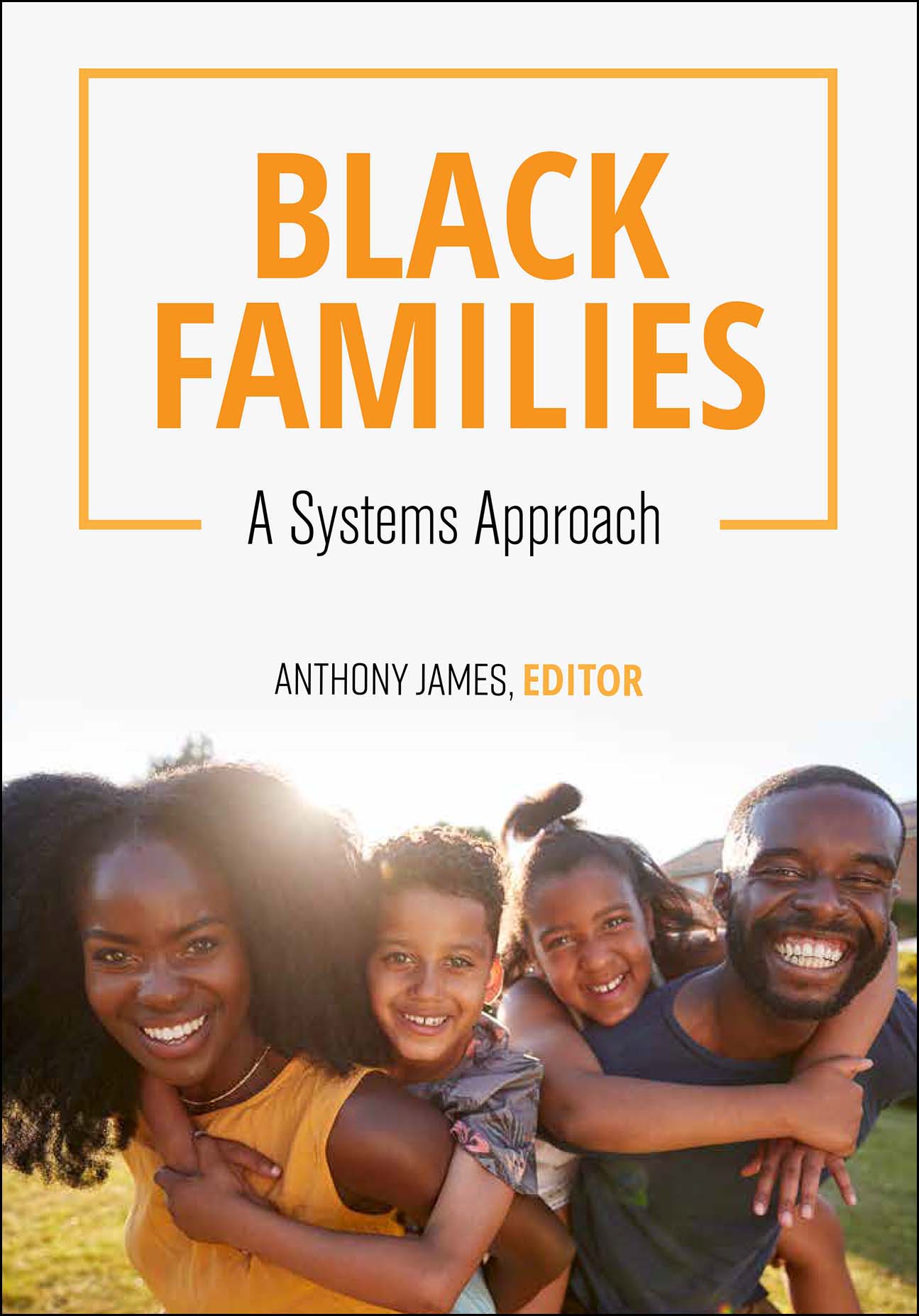What are your main areas of research or professional expertise?
My main area of research includes family processes. I specifically focus on marginalized families and even more specifically, Black families. I also conduct research on positive youth development with emphasis on spirituality, school achievement, and youth-parent involvement. Additionally, I conduct program evaluations for a variety of community and state programs.
What personal or professional experiences have shapes your current approach to teaching, or the focus of your research?
Here at Miami University, we use a teacher-scholar model, so as a professor, you’re supposed to not only convey knowledge, but also create knowledge. Because of this, much of my focus has been on applied work, figuring out how to translate what we know, or what we think we know, into practical application.
With regard to my DEI (diversity, equity, and inclusion) work, I’m committed to removing barriers for individuals and families so they can fully self-actualize within their unique contexts. It’s difficult, but I have been engaging in this work since the early 2000s, working within the military, the Department of Social Services in Missouri, the Diversity and Inclusion Committee for the National Council on Family Relations, and of course, here at Miami University, where I’ve co-chaired a task force and currently service as the interim vice president of institutional diversity.
These experiences certainly shape the way I teach. I try to equip students with tools they can use to help individuals and families. I teach them to recognize diverse contexts, as well as the different values and beliefs that must be respected in order to create meaningful change.
What inspired you to edit your textbook?
I took a Black families course when I was in graduate school in the mid-2000s, and we used a textbook from a very prominent author in the field. The author of the text and her partner passed away, and no one had published another book on Black families since then. So, I was motivated and inspired to fill that gap in the field and to expand upon the research. My book examines a wide array of issues Black families face and also emphasizes their promise and their ability to thrive.
What makes your textbook unique within the academic market?
It’s up-to-date and uses systems theory as a main theoretical approach. I love systems theory, and it gave me a framework for thinking about Black families and working with them. Black families aren’t all alike, so this approach discusses different systems, the different challenges families face, and various approaches to help them thrive. Additionally, the text presents unique topics and perspectives that aren’t always addressed in family science discussions of Black families. For instance, there’s a chapter in the book that discusses the roles of banks in the lives of Black families.
What was the most rewarding aspect of creating your textbook?
The most rewarding aspect has been hearing people thank me for editing the text or thank me for being part of it. Editing the text allowed me to include work from colleagues who are doing amazing research in the field.
Ultimately, what do you hope students take away from your textbook?
As a scholar, teacher, and human, my goal is to improve the well-being and lived experiences of Black families. My hope for readers is that they get a chance to learn something new about Black families and then have the opportunity to translate that knowledge into practice, whether in their personal or professional lives.




